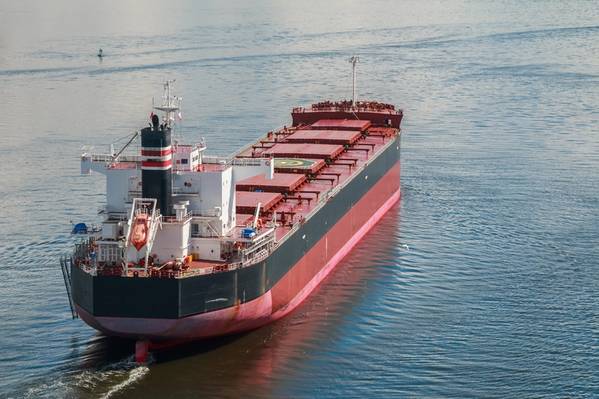The Baltic Exchange's main sea freight index, tracking rates for ships carrying dry bulk commodities, rose to its highest level in more than three months on Tuesday, supported by firmer rates for larger vessels.
The overall index, which factors in rates for capesize, panamax, supramax and handysize shipping vessels, rose 2 points, or 0.19 percent, to 1,038 points, touching its highest since early May.
The capesize index gained 4 points, or 0.24 percent, at 1,659 points.
Average daily earnings for capesizes, which typically transport 150,000-tonne cargoes such as iron ore and coal, were up $37 to $13,176, the most since April 28, according to the Baltic Exchange's website.
The panamax index was up 12 points, or 1.04 percent, at 1,170 points.
Average daily earnings for panamaxes, which usually carry coal or grain cargoes of about 60,000 to 70,000 tonnes, increased $94 to $9,367.
Among smaller vessels, the supramax index fell 3 points to 759 points, while the handysize index was also down 3 points at 472 points.
(Reporting by Karen Rodrigues in Bengaluru)




